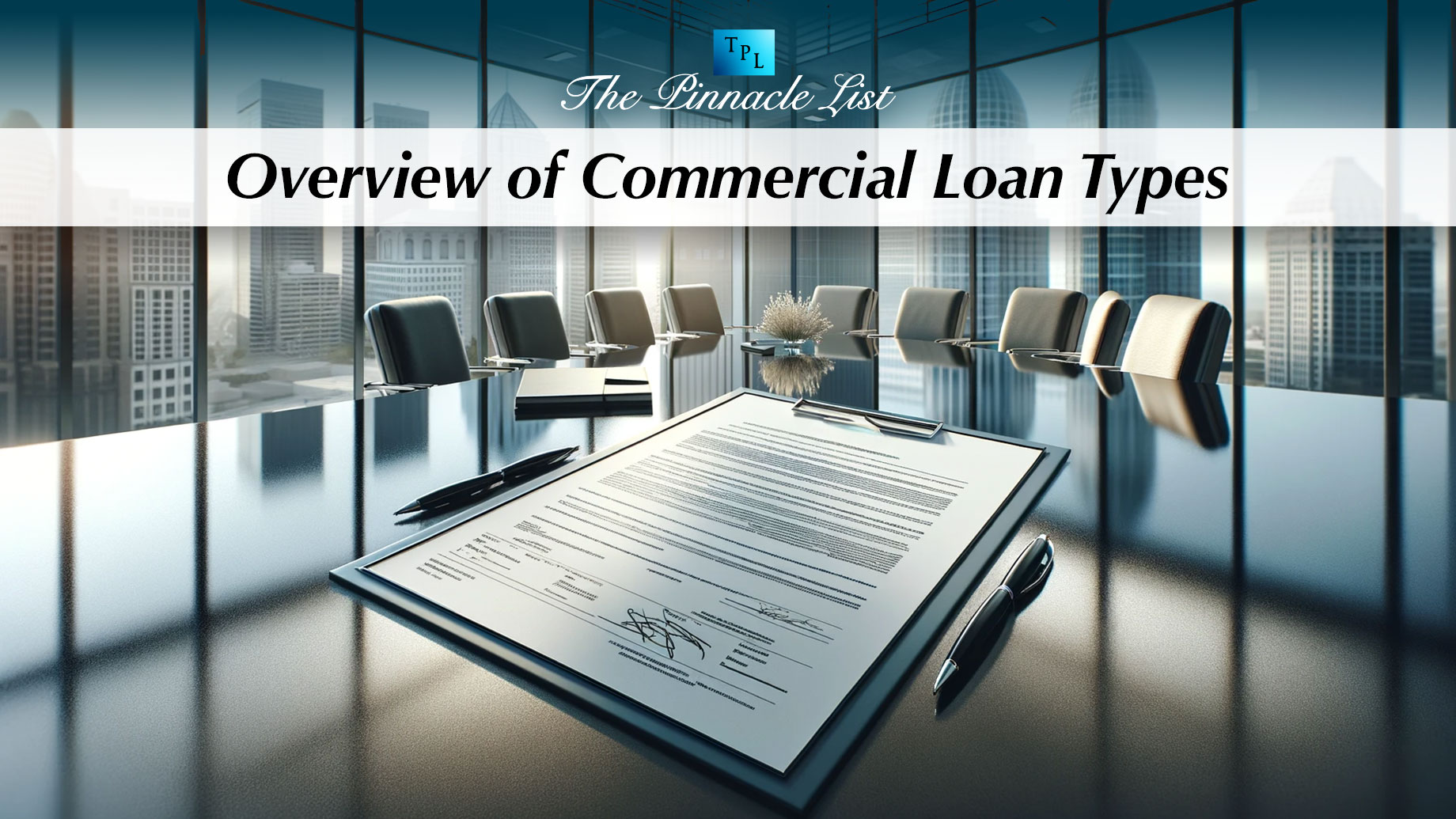
Navigating commercial loans’ complexities demands understanding the diverse options available to businesses. This overview explores term loans, lines of credit, real estate loans, equipment financing, and SBA loans, empowering entrepreneurs to choose wisely.
Commercial loan truerate services provide tailored assistance, aiding in evaluating and securing financing suited to businesses’ needs. This ensures informed decisions align with their financial objectives, effectively facilitating growth and success in the dynamic business landscape.
Term Loans
Term loans are financial arrangements where borrowers receive a specified amount from a lender, which is then repaid over an agreed-upon period with either fixed or variable interest rates. Typically utilized for substantial investments, like equipment acquisition, operational expansion, or funding extended projects, term loans offer repayment schedules ranging from a few years to several decades. This flexibility caters to borrowers’ financial requirements and cash flow capabilities, enabling strategic planning and sustainable growth.
Lines of Credit
Lines of credit provide businesses with access to funds up to a predetermined limit, which they can withdraw as needed. Similar to a credit card, businesses only pay interest on the amount borrowed and can repay and reuse funds as necessary. Lines of credit offer flexibility for managing short-term cash flow fluctuations, covering unexpected expenses, or seizing opportunities for growth without the need to apply for a new loan each time.
Commercial Real Estate Loans
Commercial real estate loans are specifically designed to finance the purchase or renovation of commercial properties, such as office buildings, retail spaces, or industrial facilities. These loans typically have longer repayment terms and lower interest rates compared to other commercial loans due to the collateral value of the property. Commercial real estate loans can be structured as either fixed-rate or adjustable-rate mortgages, providing borrowers with options to match their financial goals and risk tolerance.
Equipment Financing
Equipment financing allows businesses to acquire necessary equipment or machinery without making a large upfront payment. Lenders provide funds to purchase or lease equipment, which serves as collateral for the loan. This type of financing is ideal for businesses looking to upgrade or expand their equipment inventory without tying up capital. Equipment financing options include leases, loans, and sale-leaseback arrangements, each offering unique benefits and considerations based on the business’s financial situation and equipment needs.
Small Business Administration (SBA) Loans
SBA loans are government-backed financing options designed to support small businesses that may not qualify for traditional loans. These loans offer favorable terms, such as low-interest rates, longer repayment periods, and lower down payments, making them accessible to small businesses with limited financial resources. SBA loans come in various forms, including general small business loans (7(a) loans), micro-loans, disaster loans, and more, each tailored to meet different business needs and objectives while promoting economic growth and entrepreneurship.
Understanding diverse commercial loan types is vital for businesses. Selecting the right loan empowers success. Additionally, individuals should grasp the impact of third-party mortgage payments on credit, legal obligations, and financial responsibility, ensuring effective mortgage management.